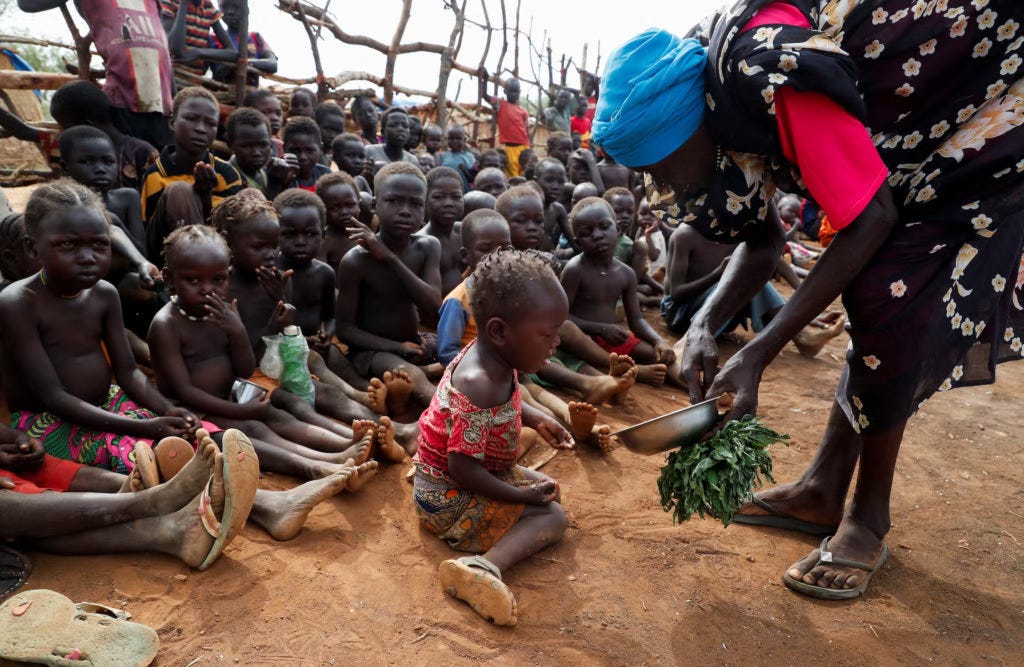🌍 How the UAE Fuels Genocide in Sudan
Receipts, law, and the lifelines that keep the RSF alive — and how we cut them.
Family, I’m asking you at the very top to become a member today. I keep this reporting free for the world so that my readers around the world, including in Sudan, so that my readers in deep poverty, and even young readers in middle school can learn what powerful institutions are trying to hide without paywalls. If you believe in that mission, please cli…



